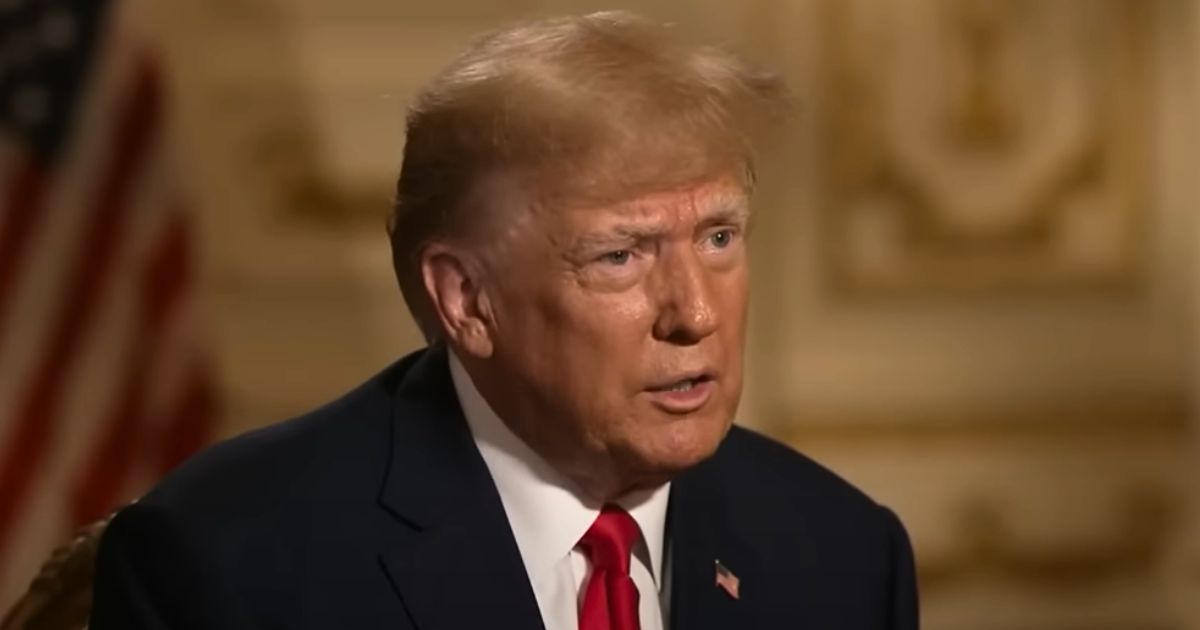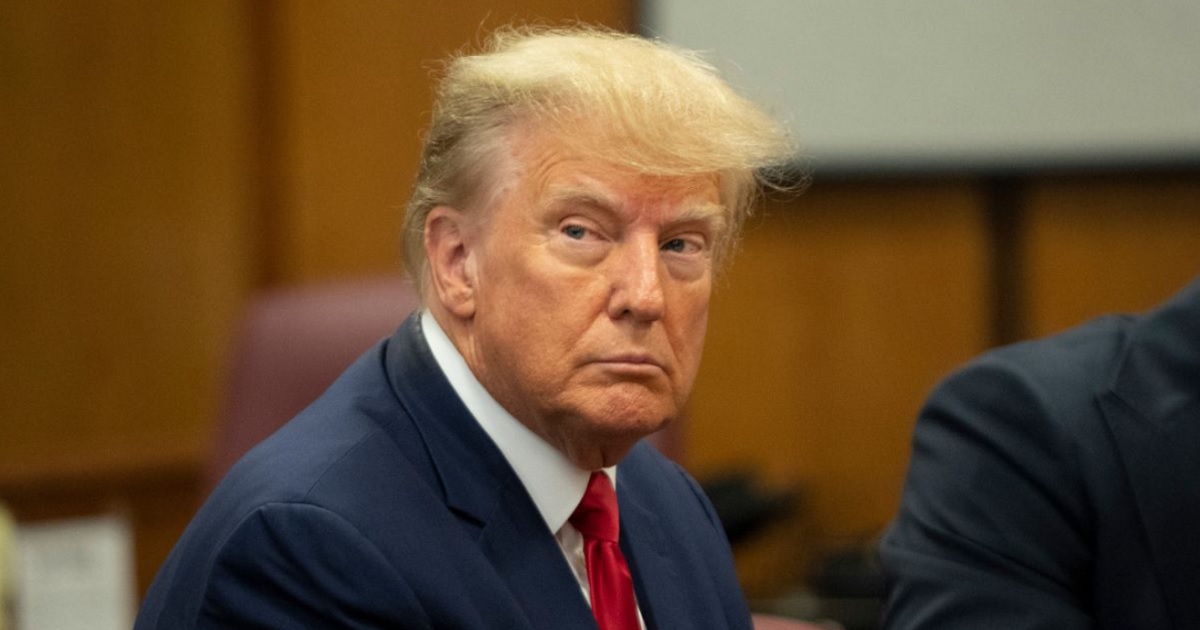Senate Advances Trump tax cut plan, border security funding
In an intense overnight session, the Senate passed a budget blueprint that significantly advances President Donald Trump's key policy objectives.
The resolution, which includes significant tax cuts and increased border security funding, now heads to the House for consideration after its success in the Senate, as the Daily Caller reports.
Early Saturday, Senate Republicans, with a narrow margin of 51 to 48 votes, approved a budget resolution that highlights a permanent extension of the 2017 tax cuts and allocates $175 billion towards border security.
This move aligns closely with several priorities emphasized by President Trump during his administration.
Contentious session leads to narrow approval
The decision followed a marathon "vote-a-rama" session, where senators debated and voted on multiple amendments in rapid succession.
Despite the overall Republican support, the resolution faced opposition from within the party, with Sens. Rand Paul and Susan Collins siding with Democrats.
GOP leaders used the budget reconciliation process, allowing them to pass the budget blueprint by a simple majority, thereby avoiding a filibuster.
This procedural tactic is critical in advancing President Trump's legislative agenda without requiring bipartisan support.
Fiscal concerns arise over deficit
Amid the debate, concerns were raised about the budget's potential impact on the national deficit. A nonpartisan budget group criticized the resolution for possibly adding as much as $5.8 trillion to the federal deficit. Meanwhile, Senate Republicans assert that the tax and spending changes will not necessitate cuts to Medicaid or Medicare benefits.
Sen. Mike Crapo tried to reassure skeptics, stating, "The argument is going to be made that we’re going to hurt all kinds of different people tonight in different ways. But the reality is that’s not going to happen. The President has been very clear that any reforms to Medicare or Medicaid must not reduce patient benefits."
Paul expressed his concern about the budget's fiscal implications during his speech, "If we expand the debt at $5 trillion, that will be an expansion of the debt equal to or exceeding everything that happened in the Biden years.
House fate uncertain
As the budget resolution moves to the House, it faces skepticism from some Republican members cautious about adequate deficit reduction measures.
Chairman of the House Budget Committee, Jodey Arrington, criticized the Senate's plan as "unserious and disappointing," pointing out the minimal cuts and substantial potential for increased borrowing.
Furthermore, House Freedom Caucus Chairman Andy Harris commented on the Senate's efforts, saying, "If the Senate can deliver real deficit reduction in line with or greater than the House goals, I can support the Senate budget resolution. However, by the Senate setting committee instructions so low at $4 billion compared to the House’s $1.5 to $2 trillion, I am unconvinced that will happen."
Trump urges quick action
President Trump has strongly endorsed the Senate's budget resolution and urged swift action for its approval in both legislative chambers.
He emphasized unity among Republicans in a post on Truth Social: "Every Republican, House and Senate, must UNIFY. We need to pass it IMMEDIATELY!"
The outcome in the House will crucially depend on whether the Senate's budget can align closely enough with House Republicans' fiscal priorities.
The debate over this budget blueprint underscores the ongoing challenges in balancing tax policy, spending ambitions, and deficit concerns within the U.S. government.





